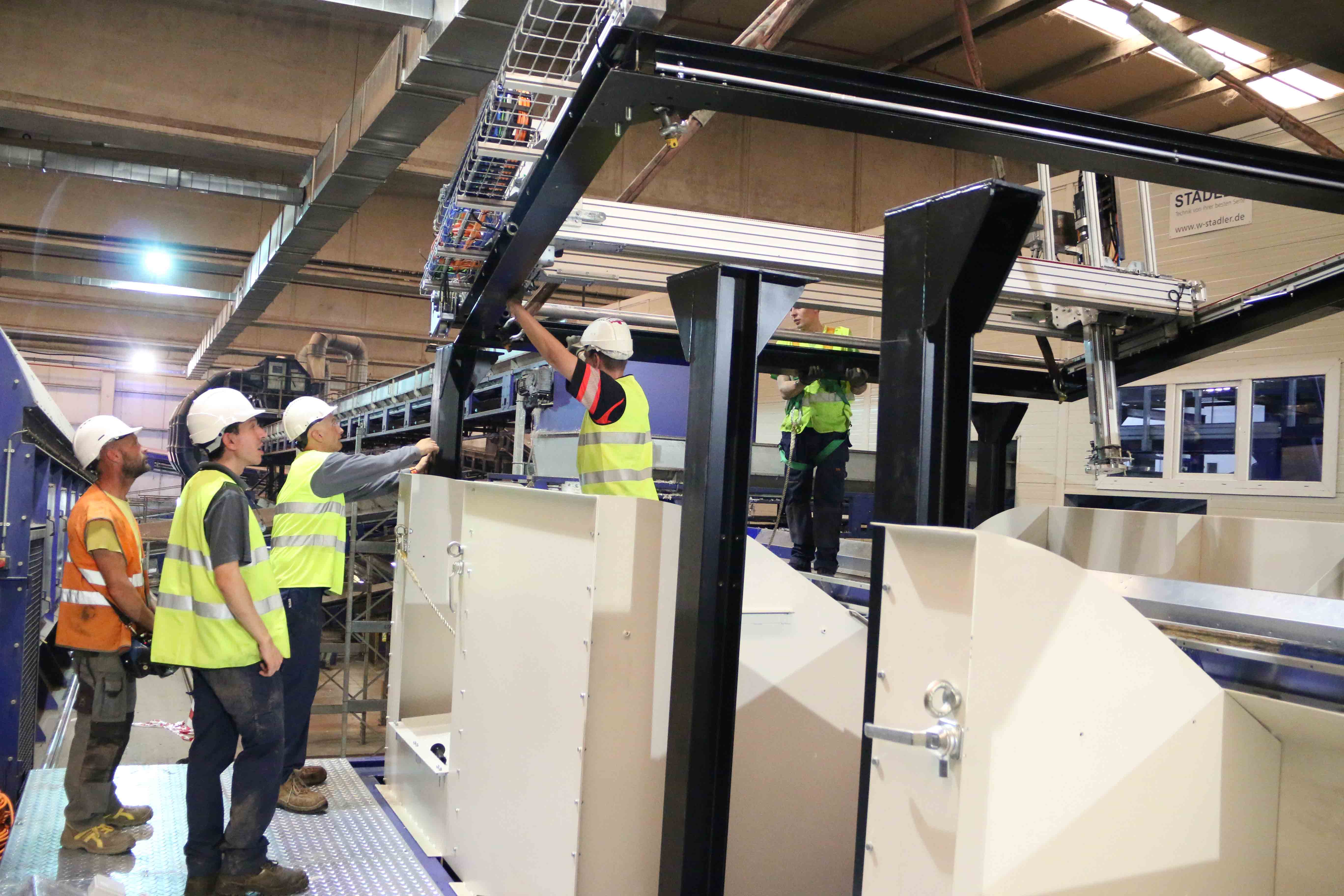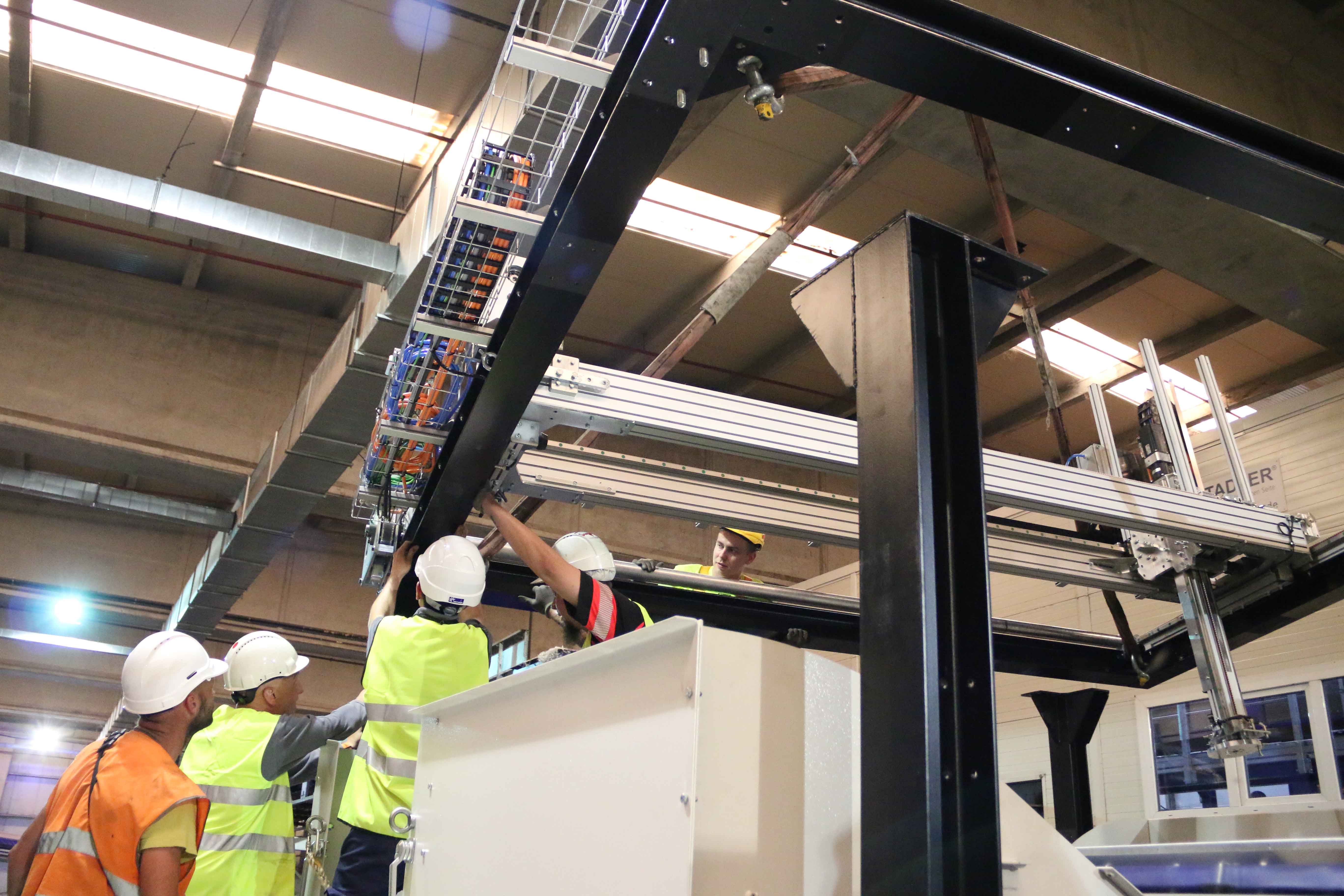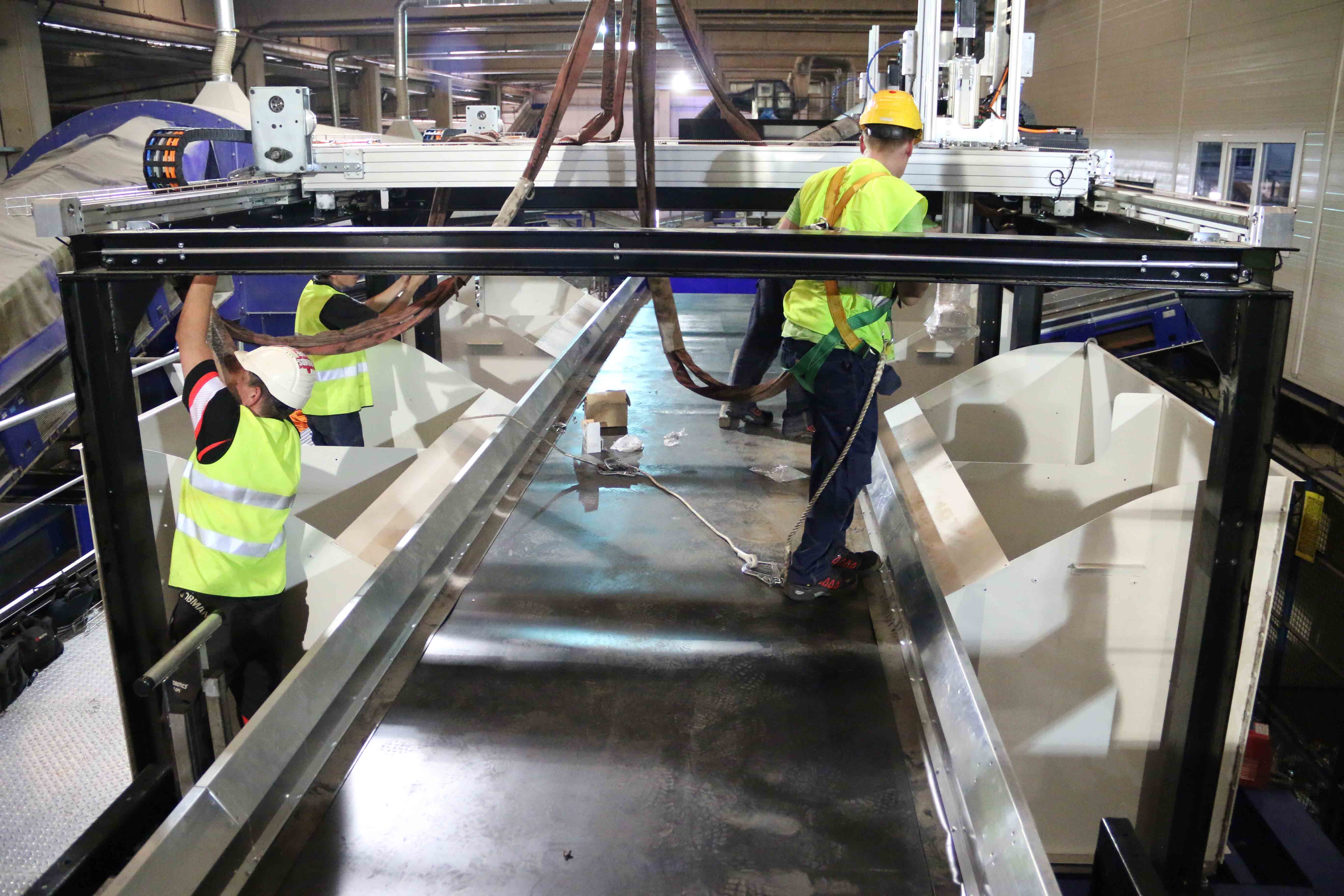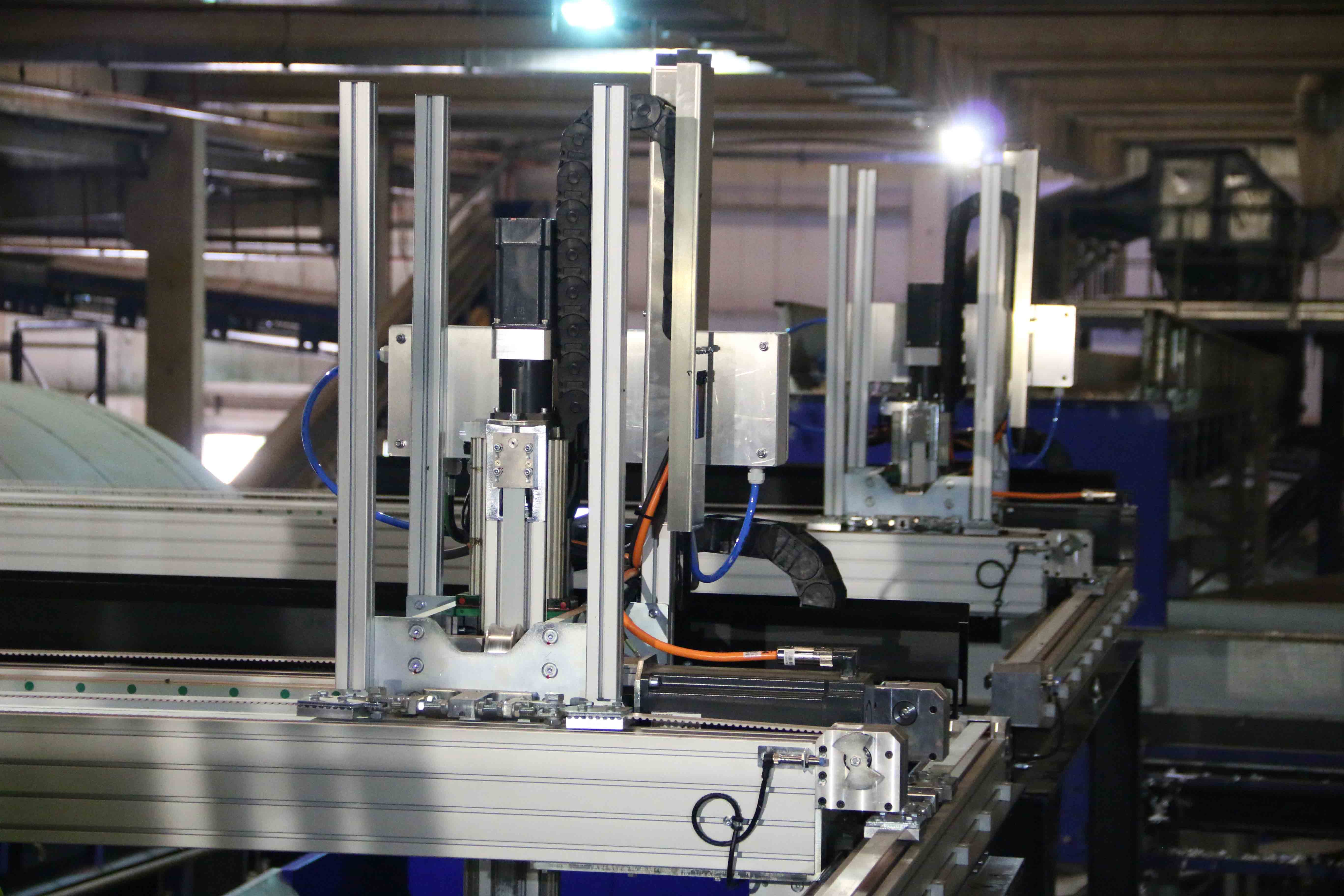- ZRR for Municipal Waste analyzes the application of robotics in managing municipal waste.
- It is partially funded through the EU’s EIT Climate-KIC.
- Ferrovial partners in this initiative are the Wuppertal Institute for Climate, Environment and Energy, Danish consulting firm NTU, and the Center for the Innovation of Smart Infrastructures (CI3).
Ferrovial is leading the ‘ZRR for Municipal Waste’ project, which will analyze the implementation of robotics to sort and select municipal waste over a 21-month period. The research is partially funded by EIT Climate-KIC, the EU’s main initiative on climate change.
The project will test the performance of ZRR, a robot from Finnish startup ZenRobotics that continuously monitors waste flows by means of sensors. An artificial intelligence module will analyze the information captured by sensors in real time and learn from it. This will enable the robot’s articulated arms to pick waste items of different shapes and sizes and different materials with a speed and precision of up to 10,000 pix.
“Robotics supports our innovation strategy, which is focused on enhancing the performance of our waste treatment plants, a critical area for the company. This cutting-edge technology will enable us to improve material recovery rates and quality, and also enhance process speed and efficiency, while minimizing the risk of workplace accidents,” said Vicente Galván, Director of the Ferrovial Services Center of Excellence for Environment.
Ferrovial Services, with Zenrobotics and the Wuppertal Institute, will carry out a survey to adapt the plant and its processes to the ZRR robot, since this is the first time it has been tested in municipal solid waste sorting. To date, it has only been used in recovering construction and demolition waste. The robot has been installed in the Ecoparc 4 waste treatment plant, managed by Ferrovial’s services subsidiary.
Robotics will affect waste management in several ways: It will transform the design of waste treatment plants, which currently require long conveyor belts on which waste is triaged mechanically and manually. It will improve health and safety conditions for workers at facilities of this type by reducing exposure to, and contact with, waste. It will also improve the quality of recycled waste and its reintroduction into the value chain, which will have an impact in terms of efficiency and costs for the development of the circular economy.




Installation of ZRR robot at the Ecoparc 4 of Barcelona
NTU will assess the project’s impact and define the economic, social and environmental indicators for measurement purposes. CI3, the Center for the Innovation of Smart Infrastructures, will provide support by publishing and communicating the results through workshops organized in eight European locations. The Wuppertal Institute will be involved in project implementation, testing and enhancement. Its experience will be crucial for optimizing the ZRR robot’s waste sorting capabilities.
Climate-KIC is the EU’s largest public private partnership addressing climate change through innovation to build a zero carbon economy. It runs programmes for students, start-ups and innovators across Europe via centres in major cities and it is supported by the European Institute of Innovation and Technology (EIT), a body of the European Union, and is partially funding this ZRR for Municipal waste project.
Download Files







